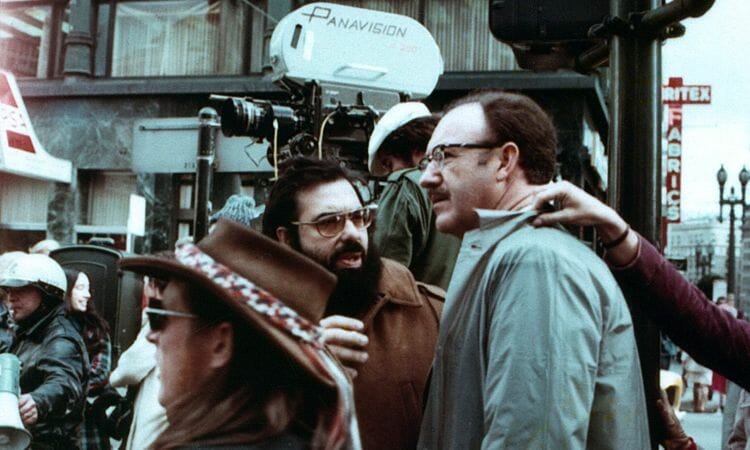By Carrie Stemke · October 19, 2014

Forty years after it came out, Francis Ford Coppola’s The Conversation remains a relevant classic. This taut thriller follows Harry Caul (played by the excellent Gene Hackman), a private surveillance expert who is hired to listen in on a young couple’s conversation. The job begins to trouble Harry, however, when he starts to believe that the couple is about to be murdered, and he begins to question everything he knows.
https://youtube.com/watch?v=ypzY_NAAlkk%26nbsp%3B
The Conversation precisely touches on a topic that remains relevant in our lives today: what is the role of technology in our personal lives? Is it invasive, beneficial, or a little bit of both? Harry Caul certainly wants it as far away from his private life as possible: his paranoia and suspicion cause him to be fiercely secretive about himself and keep details of his life from everyone. Not even his girlfriend (played by Teri Garr) knows where he lives. And at a convention for workers in the field of surveillance, Harry avoids introducing himself – even to people who might know him – and becomes very uncomfortable when asked to be a spokesperson for a piece of surveillance equipment. Harry is that wonderful loner antihero, and representative of the amazingly multi-layered characters that Coppola is so good at creating. Despite the fact that it was he, initially, who actually invaded the conversations of the young couple, he becomes responsible for saving them. Harry’s internal agony, as well as his experience in life, is played out beautifully through both aural and visual effects from his perspective, an excellent choice for a movie that concerns a character that is secretly listening in on the lives of others (another truly excellent surveillance drama, by the way).
Coppola’s masterpiece (of which he has a few) demonstrates the interesting thing about technology that makes it so difficult to completely love or hate: it can be used for both good and malicious purposes. Originally, Harry Caul was hired to listen in on the couple in order to initiate their murder, but ironically, it is precisely because he is listening in that he is able to realize their terrible fate. It is then up to him to decide what to do with this information. As always, Coppola brings the emotions of his characters to the audience: as a viewer, you’ll find yourself involved in Harry’s moral quandary, and even considering what the role of technology should be in society yourself. And true to form, Coppola stays on point for the entire film, never getting lost in his own plot, always staying on message, and creating a story that viewers will want to follow, all the way to the astounding finish.